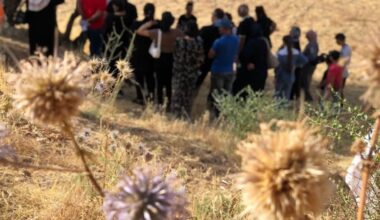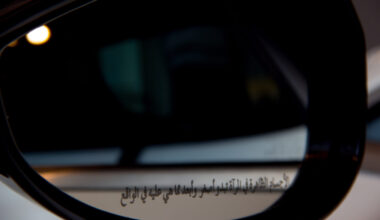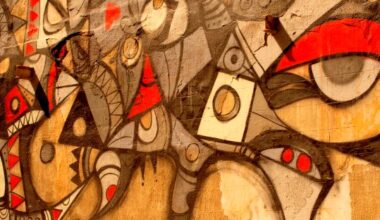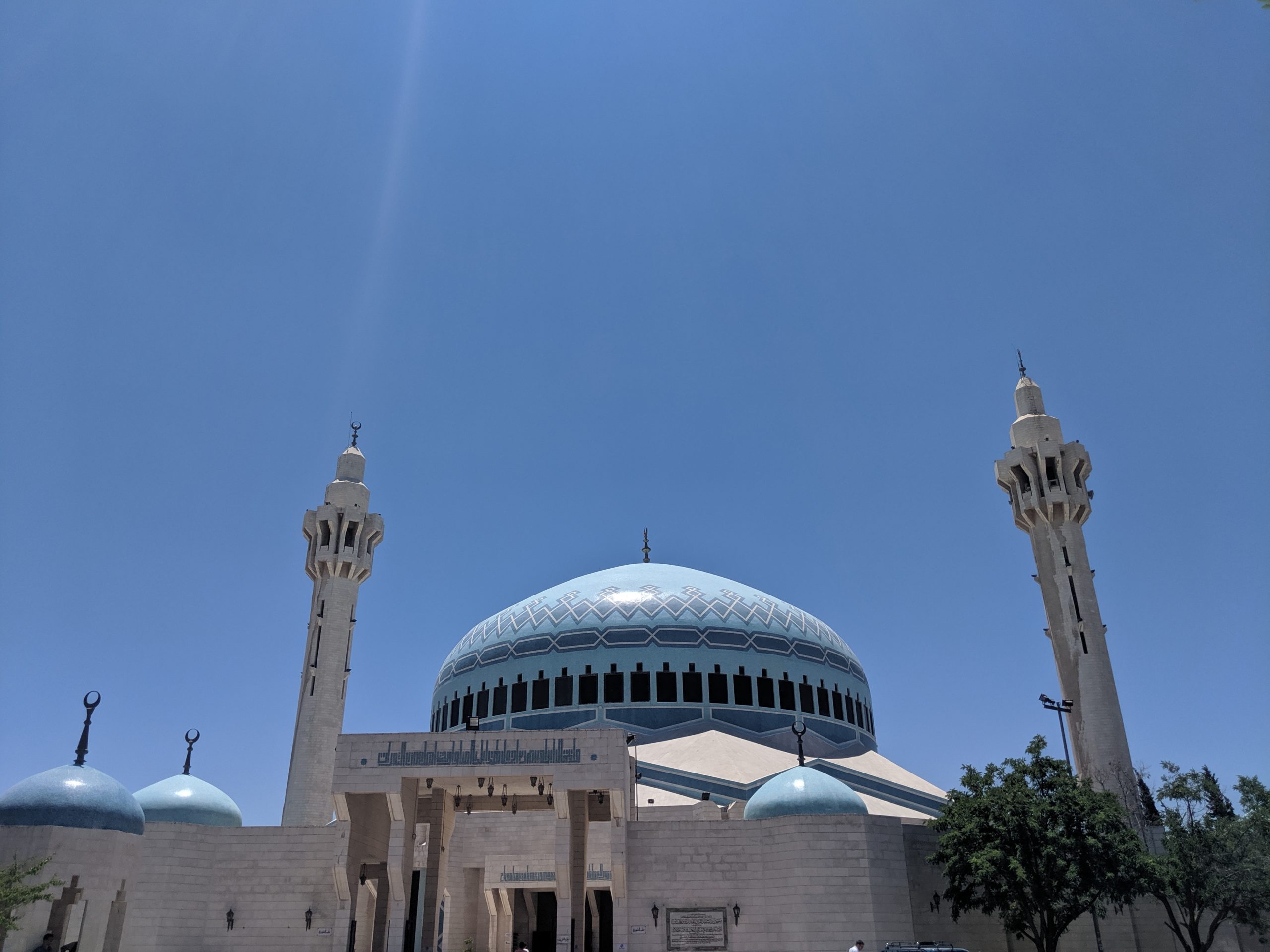
By Dr Geoffrey Hughes, CBRL Pilot Study recipient and lecturer in anthropology at the University of Exeter.
It’s almost time for Friday prayers and I’m in one of Jordan’s grandest mosques in the heart of the capital – King Abdullah I Mosque. I’m conducting research as part of a CBRL Pilot Project entitled “The Value of Moderation.”
Soon, the sermon here will be broadcast across the entire country on state media. For now, though, people filter in while a scholar delivers a pre-sermon lesson. Some bow in prayer when they enter the mosque, following a particular tradition of the Prophet; others will wait until the climax of the sermon, when the entire assembly will bow in the direction of the qibla, or Mecca. In the meantime, some listen, some chat, some fidget with their phones and others genuflect in deference to various traditions of the Prophet as the room fills to capacity.
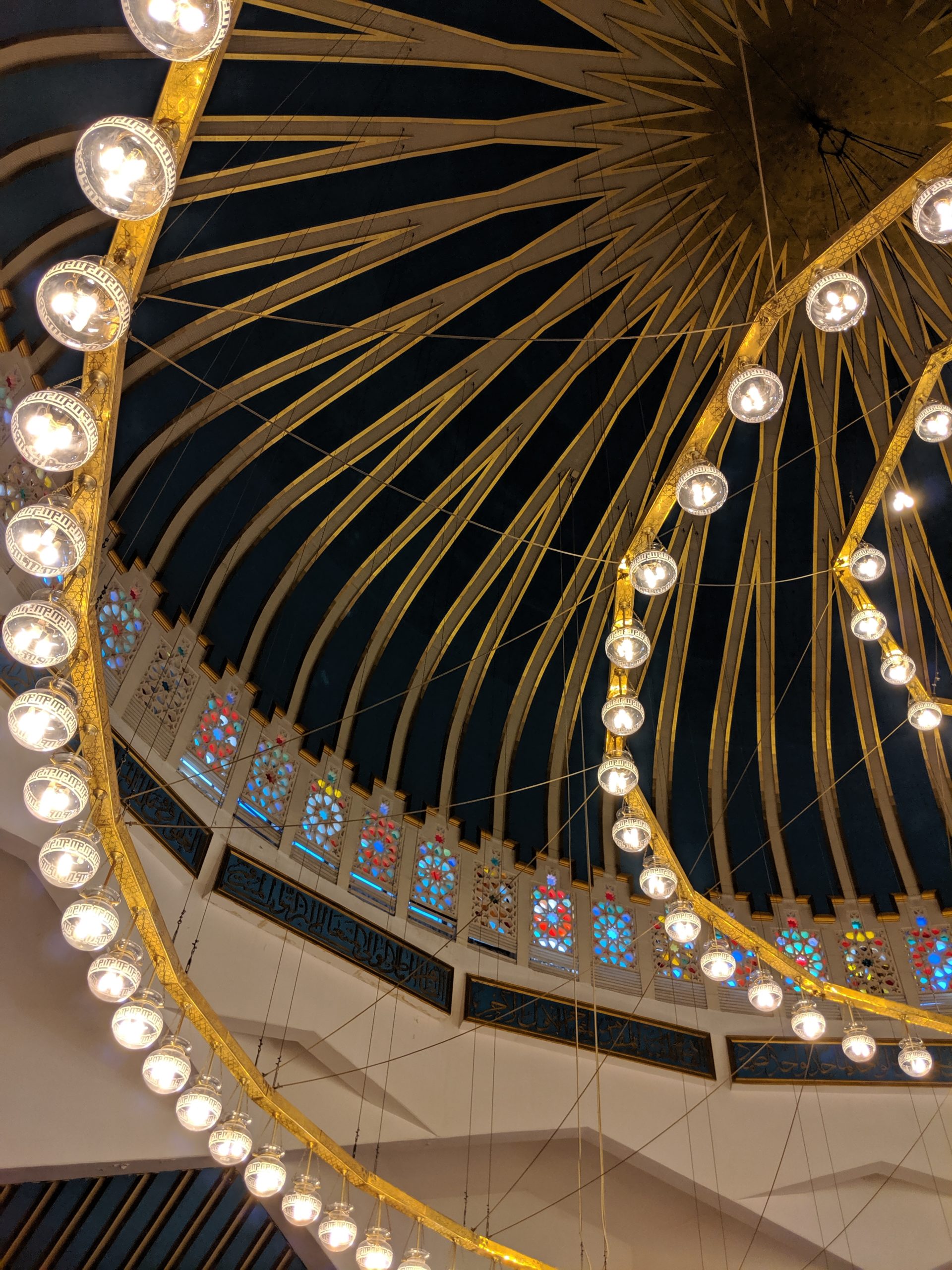
I have come to Jordan to better understand what it means to be moderate in the contemporary Muslim world. It’s an urgent question for 21st century Muslims and the Jordanian government is deeply invested in the concept of moderate Islam. Perhaps best exemplified by the King’s Amman Message of 2004, the Kingdom has sought to promote a theological response to those who would portray Islam as a violent, apocalyptic faith. Today, the patronage of the Royal Court and the country’s Ministry of Religious Endowments supports a range of religious institutes seeking to counter “extremist” ideologies, while the country also hosts a range of Western initiatives that seek to promote moderation as well.
However, I am keen to avoid a normative framing: my goal is not to define “moderation” in absolute terms or even to assume that moderation is necessarily a good thing. With Muslim theologians advancing sophisticated arguments about what it means to be moderate within the context of the Islamic tradition, my goal is to understand the nature of the controversies rather than to say who is right or wrong. As the political scientist Jillian Schwedler has amply demonstrated, for all of the talk of “moderation” and the “moderation hypothesis” in Western analyses of Islam (and especially analyses of “political Islam”), the meaning of the term is all too often taken to be self-evident. In fact, frequent attempts to conflate the term with vague bromides like “liberal democracy” can be downright contradictory: what if “the people” in a democracy don’t share the analysts’ enthusiasm for liberalism?
In contrast, I am less concerned with what moderation is (or should be) than with what it does —and in how the concept of moderation (wasitiyya or ‘itidal) has long shaped political and ethical debates among Muslims themselves. The concept finds plenty of support in the Quran, in which God reveals to the faithful, “We made you a moderate nation” ( ummatan wasatan ). The concept was further elaborated in the hadith traditions (the sayings and deeds of the prophet): pray, but not too much; observe ritual demands of prayer and fasting, but also marry and support a family.
Since the Islamic revival of the mid-twentieth century, there has been an explosion of interest in the concept—especially within the Muslim Brotherhood, a controversial political tendency found throughout the region. As members of the revival responded to state repression, scholars like Yusef Qaradawi, Ali Al-Salubi and Tariq Ramadan increasingly came to develop the concept of moderation to criticize tendencies like takfir wal-hijra (or ‘excommunication and exile’). A precursor to terror groups like Al-Qaeda that have become household names throughout the West, the takfir wal-hijra was one of the first in the modern era to reject politically quiescent Muslims as apostates and declare them legitimate targets for political violence. In the process, questions of individual self-control, emotion and bodily disposition have been sutured to debates about personal and communal autonomy within the context of the modern state.
For its part, the Jordanian state struggles to balance a pluralistic ethos that has traditionally given great scope for internal community self-management (for instance, the country’s Christian minority has its own autonomous system of family law). There is an increasing concern to monitor and control theological debate as mosques and imams are now required to be licensed by the government (pg. 83-92). Since 2017, the kingdom’s Ministry of Religious Endowments has begun a new initiative to unify and standardize Friday sermons. The imams I have been working with in my research now receive weekly text messages detailing the topic of the next week’s sermon and providing them with all of the materials needed to speak to the issues of the day: this week, the topic is the dangers of drugs.

At the appointed time, the assembled crowd bows as one, but no sooner has this unity been achieved than the crowd breaks up, heading out of the building and into the world to go on about their lives. While Sunni Islam has long fostered these sorts of state institutions that seek to manage theological, political, and ethical disagreement in a top-down fashion, the tradition itself has also fostered checks on those institutions that preserve spaces for a range of interpretations. Getting everyone facing in the same direction has never been an easy task.
Geoffrey Hughes is a lecturer in anthropology at the University of Exeter. He has previously received funding from the US National Science Foundation and the National Endowment for the Humanities. His work focuses on the politics of everyday life in the contemporary Middle East. His writing has appeared in American Ethnologist, Anthropological Quarterly, Journal of the Royal Anthropological Institute, Social Anthropology and The Conversation.
The views expressed by our authors on the CBRL blog are not necessarily endorsed by CBRL, but are commended as contributing to public debate.













